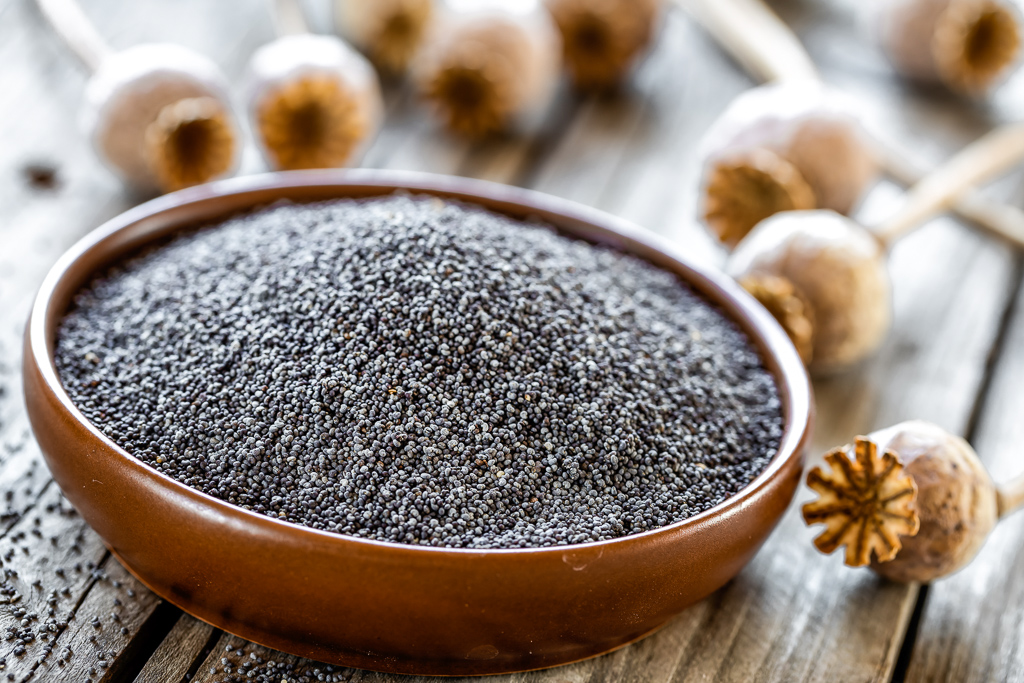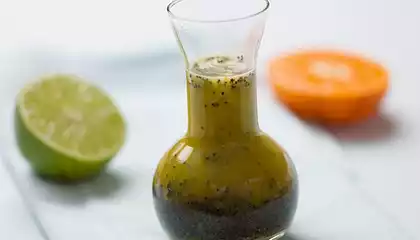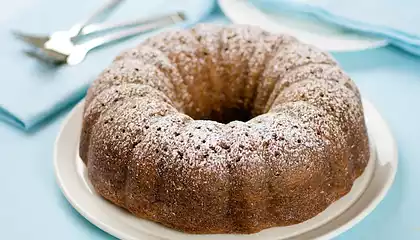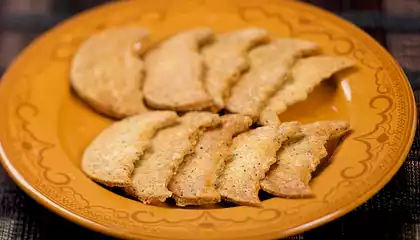Poppy Seed

Poppy Seeds are tiny nutty-tasting, blue-gray seeds inside capsules on Papaver somniferum, a yellowish-brown opium plant indigenous to the Mediterranean.
Contents
Poppy Seeds are tiny nutty-tasting, blue-gray seeds inside capsules on Papaver somniferum, a yellowish-brown opium plant indigenous to the Mediterranean.
Region Produced
Poppies are native to Mediterranean regions, India, China, Turkey, and Iran. Today, Holland and Canada are the main producers of poppy seeds.
Traditional Uses
Poppy Seeds are used to flavor breads, cakes, rolls, and cookies in European and Middle Eastern cooking. In Turkey, they are often ground and used in desserts.
In India, the seeds are ground and used to thicken sauces. The seeds are also used in noodle, fish, and vegetable dishes in Jewish, German, and Slavic cooking.
Aroma & Taste
Poppy Seeds have a slightly nutty aroma and taste.
History
Since antiquity, poppies have symbolized honor. Women in second century Crete cultivated poppy plants for opium and Hippocrates suggested opium in medicine.
Islamic and Arabian countries used opium as a medicine and narcotic in the sixth century. By the 17th century, Asians used the poppy plant as an opiate. Europeans began trafficking the drug in the 19th century, culminating in the Opium Wars, in which China lost control of the industry.
The Greeks used the seeds as flavoring for breads in the second century, and medieval Europeans used them as a condiment with breads.
Storage
Store in cool, dark, dry places.
Ideas
Poppy Seeds are a classic addition to buttered egg noodles, fruit salad dressings, and fragrant yeast breads.
Poppy Seeds add nutty flavor and texture to cookies, cakes, breads, strudels, pastry crusts, and pancake and waffle batters.




Comments